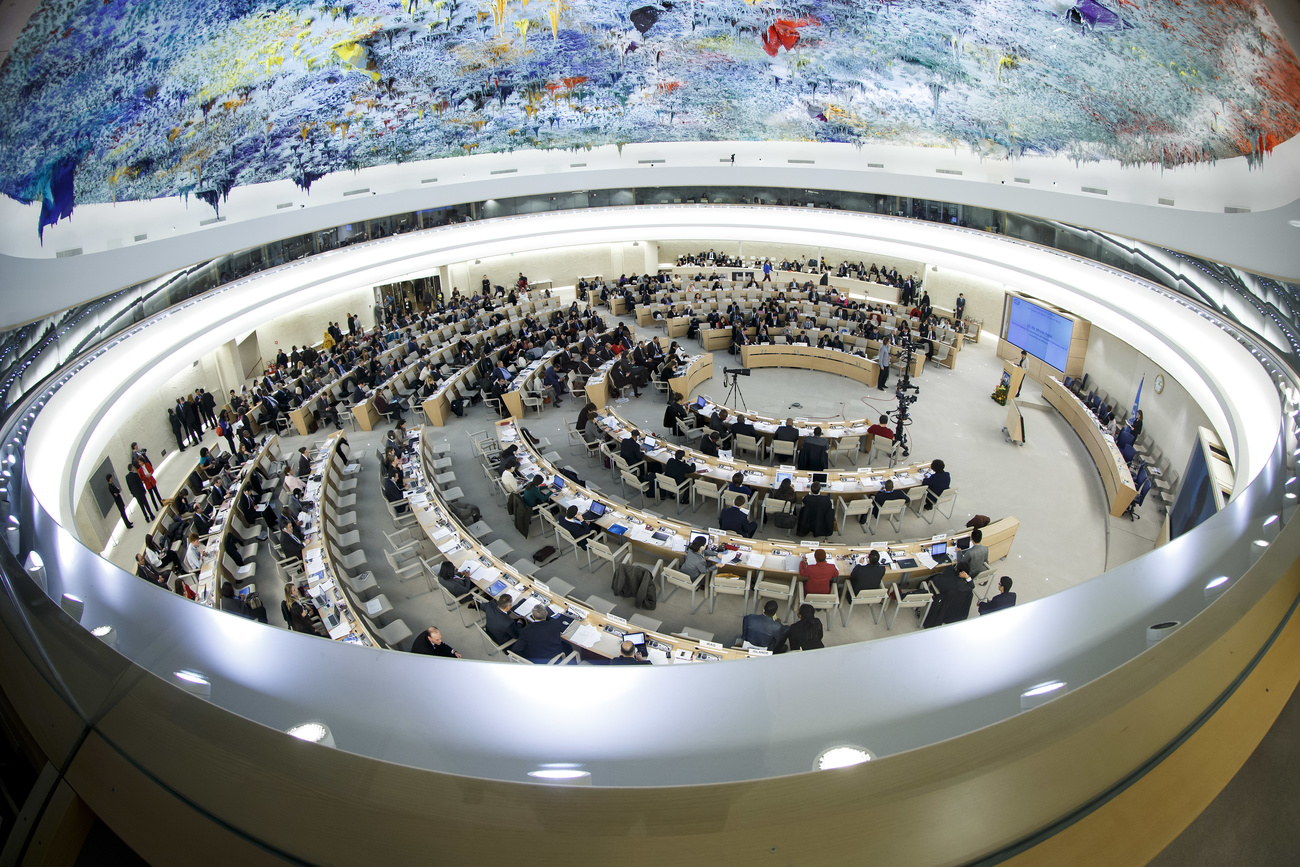Wildlife populations have shrunk by 73 percent since 1970
Keystone-SDA
The reintroduction of the bearded vulture in Switzerland is one of the few positive ecological stories of the last 50 years, which saw three-quarters of wild animals disappear from view, according to WWF.
+ Get the most important news from Switzerland in your inbox
This is the bleak picture reported by World Wildlife Fund for Nature experts in the Living Planet Report 2024. The main culprit is the consumer society in Europe and North America.
+ Swiss biodiversity loss in six graphs
WWF is calling for a global nature conservation offensive: protected areas must be expanded and the destruction of species-rich habitats stopped. Healthy wildlife populations are essential for an intact environment, and their disappearance endangers people’s food security.
According to WWF studies of 35,000 wild animal populations from 5,495 species of mammals, birds, amphibians, reptiles and fish, wild animal populations have declined globally by 73% since 1970.
+ Farmers provide resistance to Swiss ecological votes
The decline is massive on all continents, but not the same, experts explained: It is slightly lower in Europe and Central Asia (35%) and North America (39%). However, this is due to the fact that the major declines in vertebrate populations here occurred before 1970. The decline in populations is currently particularly dramatic in South America and the Caribbean at 95%.
“A wake-up call”
“The Living Planet Report 2024 is a wake-up call”, WWF Switzerland CEO Thomas Vellacott is quoted as saying in a press release from the environmental organisation. “Our food system is the main driver of biodiversity loss.” In Switzerland, the population could make an important contribution to halting the loss of biodiversity through sustainable agriculture and responsible consumption.
More

More
Biodiversity initiative: ‘We don’t want parts of the country sealed off’
Vellacott cites the return of the bearded vulture to Switzerland as an example of successful species conservation. This shows that targeted measures are effective. There are similar examples on all continents. “Now we need to repeat this success on a broader scale.”
A World Biodiversity Conference will take place in Colombia at the end of the month. There, the individual countries should present their action plans on how to achieve the goal set at the previous conference of protecting 30% of land and oceans by 2030.
More
Translated from German by DeepL/mga
This news story has been written and carefully fact-checked by an external editorial team. At SWI swissinfo.ch we select the most relevant news for an international audience and use automatic translation tools such as DeepL to translate it into English. Providing you with automatically translated news gives us the time to write more in-depth articles. You can find them here.
If you want to know more about how we work, have a look here, and if you have feedback on this news story please write to english@swissinfo.ch.










